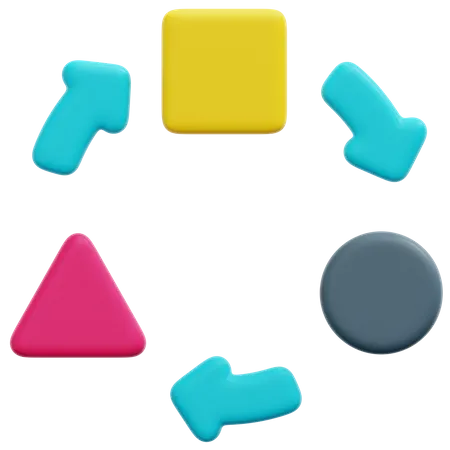Power Up Your Odoo Development with Junari's Agile Methodology
Foster Seamless Collaboration, Embrace Change, & Drive Continuous Growth
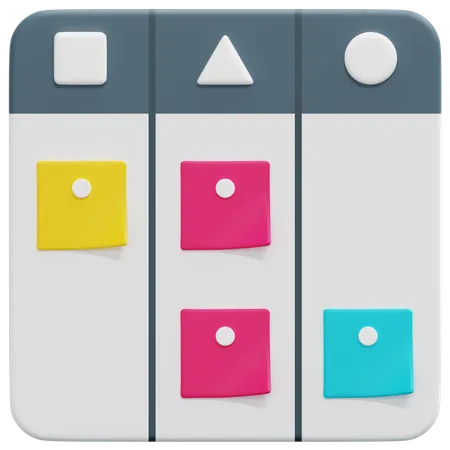
What Is Agile?
At Junari, we're strong advocates of Agile methodology, a project management approach known for its iterative development cycles. Unlike traditional waterfall methods with lengthy wait times, Agile delivers Odoo solutions in focused sprints. This flexibility allows us to adapt to your evolving business needs and integrate new requirements as they surface.
What is Agile? It's a collaborative approach that breaks down projects into manageable phases, fostering continuous communication and feedback between you and our team.
No longer will you need to wait in uncertainty! Agile fosters client collaboration, ensuring you're actively involved in the development process. You'll provide feedback on regular updates, shaping your Odoo system into a perfect fit. Agile empowers you with greater control over costs and grants you early access to a functional Odoo system. This iterative method ensures a streamlined Odoo implementation that precisely meets your business objectives. Embrace Agile for a streamlined Odoo development experience!
Pre-Project: Laying the Groundwork for Success
We work closely with you to identify and prioritise key business needs through insightful discussions.
Leveraging our Odoo customization expertise, we’ll determine if it’s the ideal platform for your evolving requirements.
Receive a clear picture of the resources needed (management, analysis, development) tailored to your specific goals.
A comprehensive proposal, including our findings, recommendations, and detailed cost breakdown, will be presented for your approval.
We’ll establish a strong foundation and clear roadmap to ensure a successful and seamless project initiation.

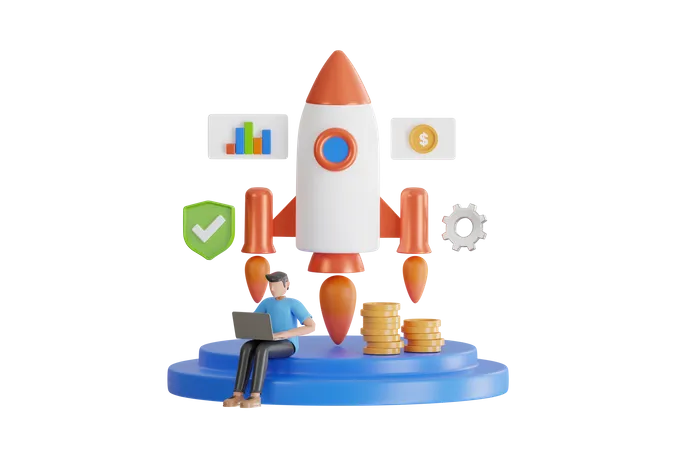
Project Kick-Off: Starting Your Journey
Begin with a detailed introduction to your project while refining our understanding of your business needs through collaborative discussions.
Navigate through our intuitive Project Portal, empowering you to monitor project details and track progress effortlessly.
Explore Junari’s tailored project approach and guidelines, prioritising your business needs for clarity and alignment.
Define key stakeholders, roles, and responsibilities to foster effective collaboration from the outset of the project.
Proactively manage risks, assumptions, and dependencies to ensure a well-prepared project environment conducive to success.
Fact Finding: Building the Foundation
Engage with key stakeholders to understand your Odoo system vision and essential business needs.
Collaboratively prioritise key functionalities through open discussions to address critical needs first.
Categorise prioritised needs into "Epics" and break them down into tasks for efficient development.
Assign tasks to Agile Sprints based on complexity and dependencies for streamlined development.
Establish a clear project vision to guide the development of your tailored Odoo system.
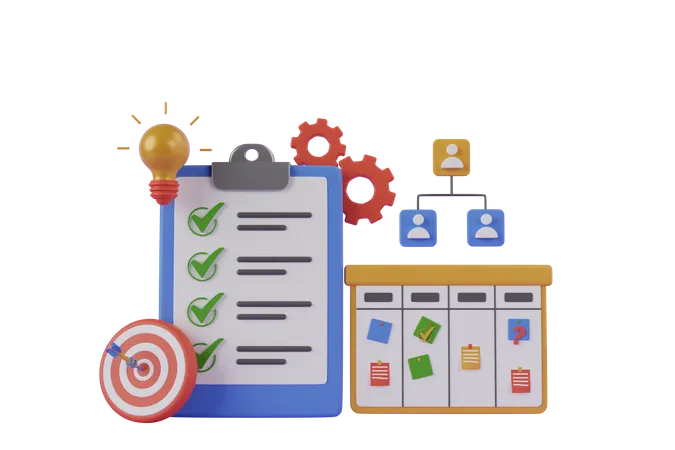
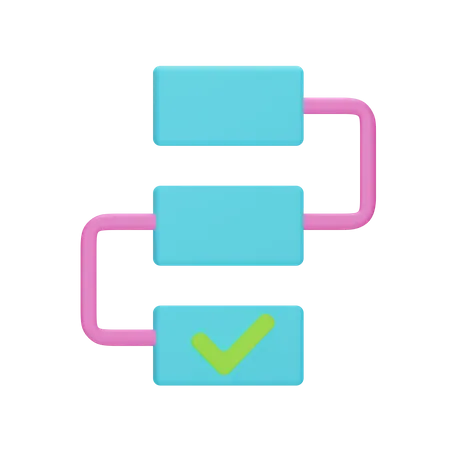
Sprints: Delivering Value in Focused Cycles
Sprints are time-boxed periods, typically one month, ensuring focused and efficient progress.
Within each Sprint, we prioritise "User Stories" outlining specific functionalities for Odoo systems.
Efficient planning involves assigning "Story Points" to estimate development effort accurately.
Your Odoo system evolves iteratively, including development, data import, and system integrations.
Regular software releases (every 1-3 Sprints) ensure tangible progress and valuable feedback opportunities.
Software Releases
Receive the latest operational version of your Odoo system for immediate use.
Gain access to evaluate system functionality and alignment with your requirements.
Provide feedback on processes or features, suggesting amendments or additions.
Your feedback is meticulously added to a backlog for future prioritisation and consideration.
Feedback guides the refinement and prioritisation of enhancements in subsequent Sprint cycles.
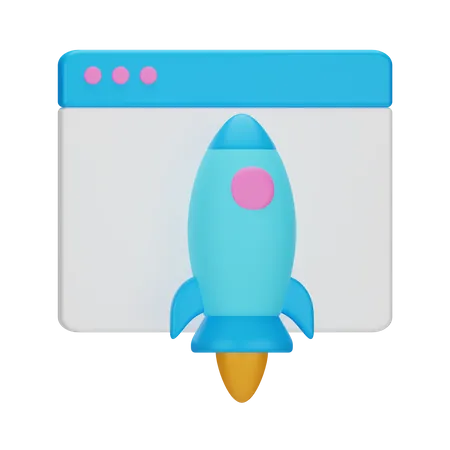

Support & Maintenance: Ensuring Your Odoo System Thrives
Receive user support and product updates as part of your monthly subscription.
Core changes made by Odoo are tracked and integrated into Junari's base solution.
Integrated changes are implemented after proven success in production environments.
Provide feedback through our Helpdesk Portal, by phone, or directly to our support team.
Continuous support and updates ensure your Odoo system operates smoothly and efficiently.
Continuous Evolution: Shaping Your Odoo System's Future
We tailor your Odoo system to evolve alongside your business's dynamic needs.
Agile integration ensures your system evolves with new business demands.
We listen to your ideas and suggest improvements for your Odoo system.
Keep updated on new Odoo features and integrations.
We commit to supporting your system's growth as your long-term Odoo partner.
